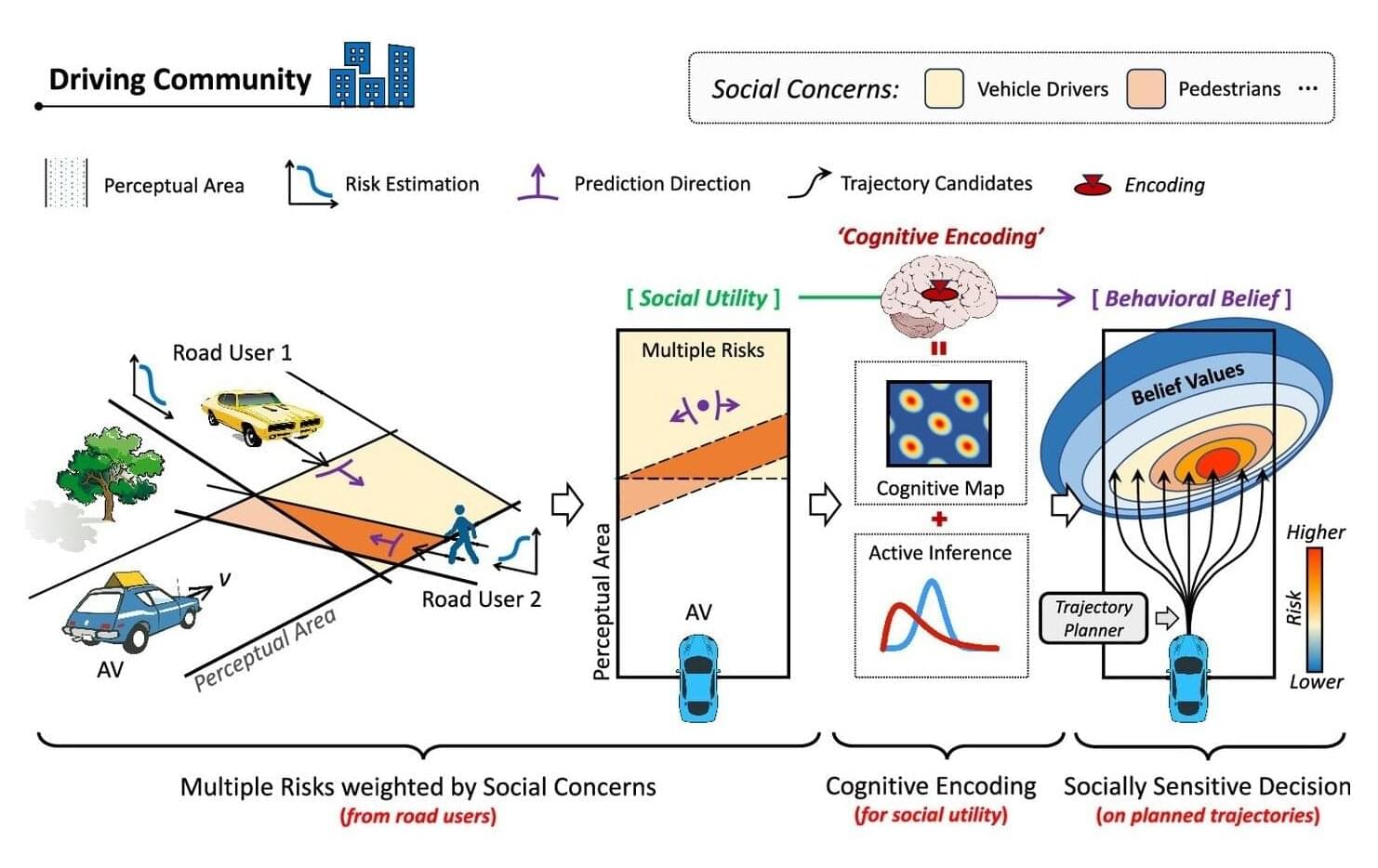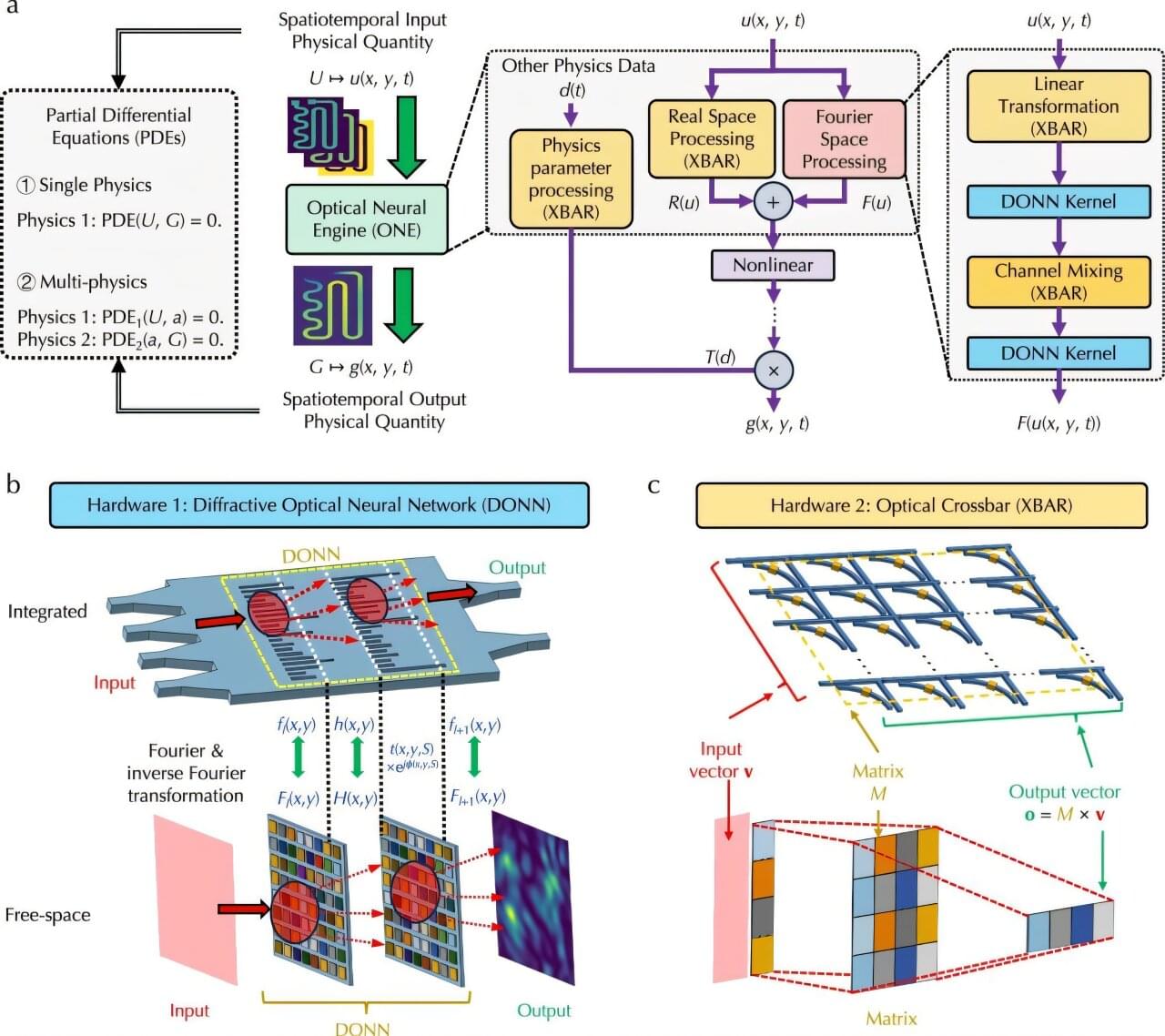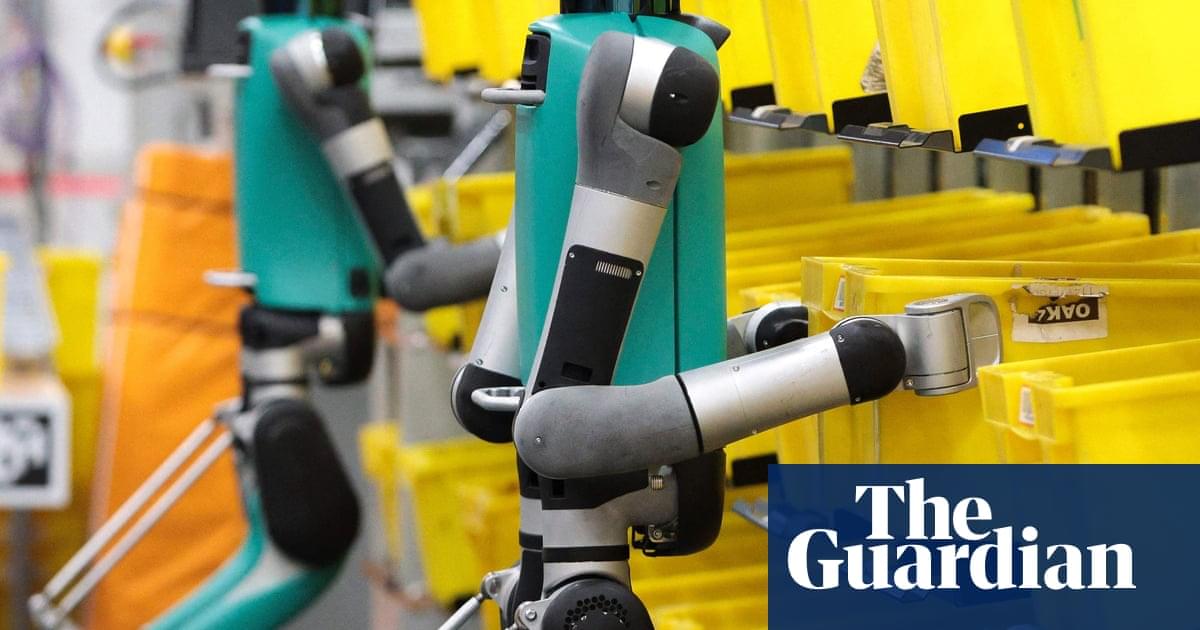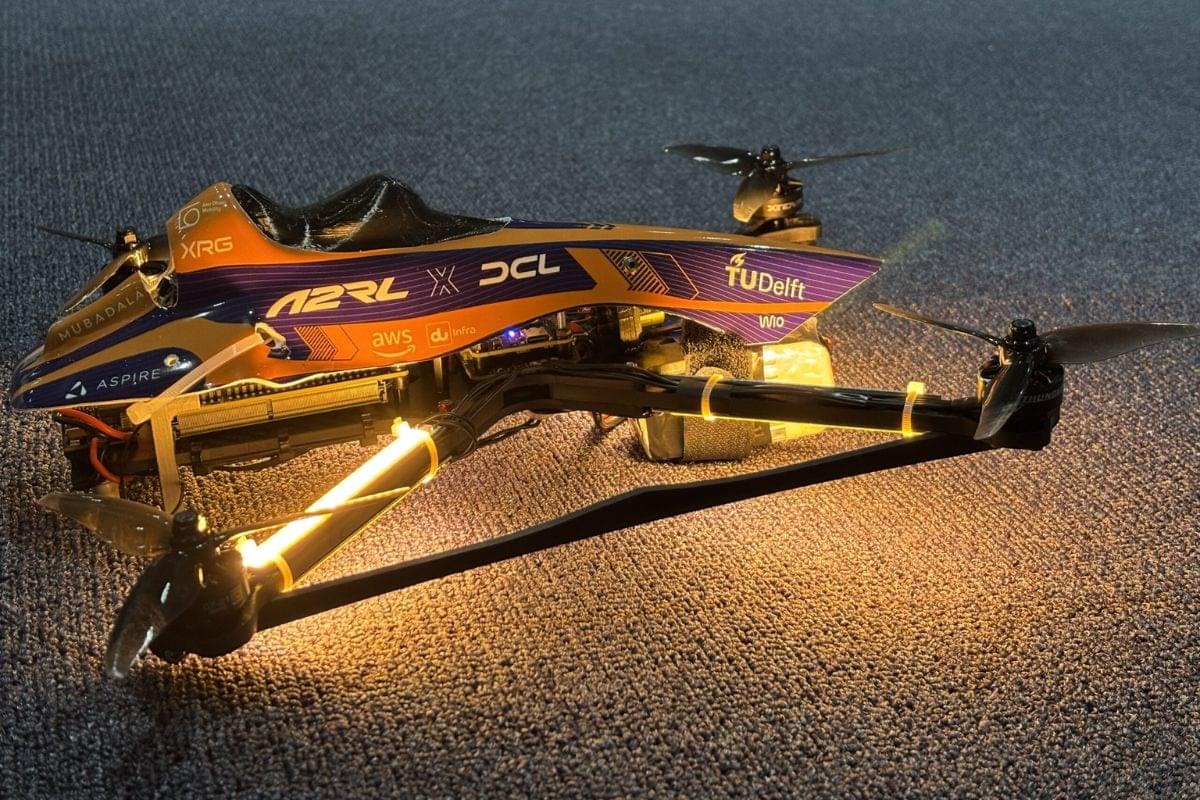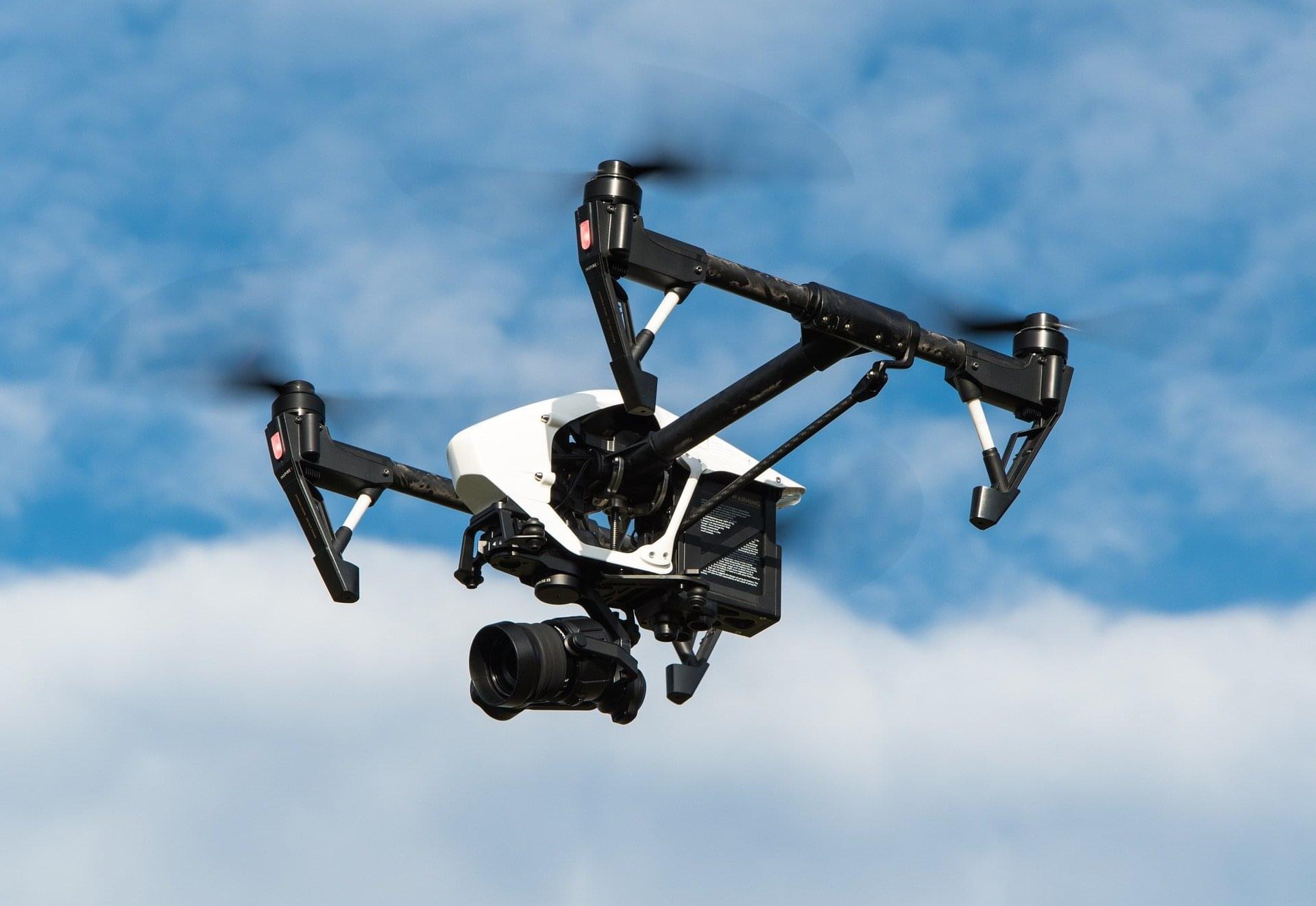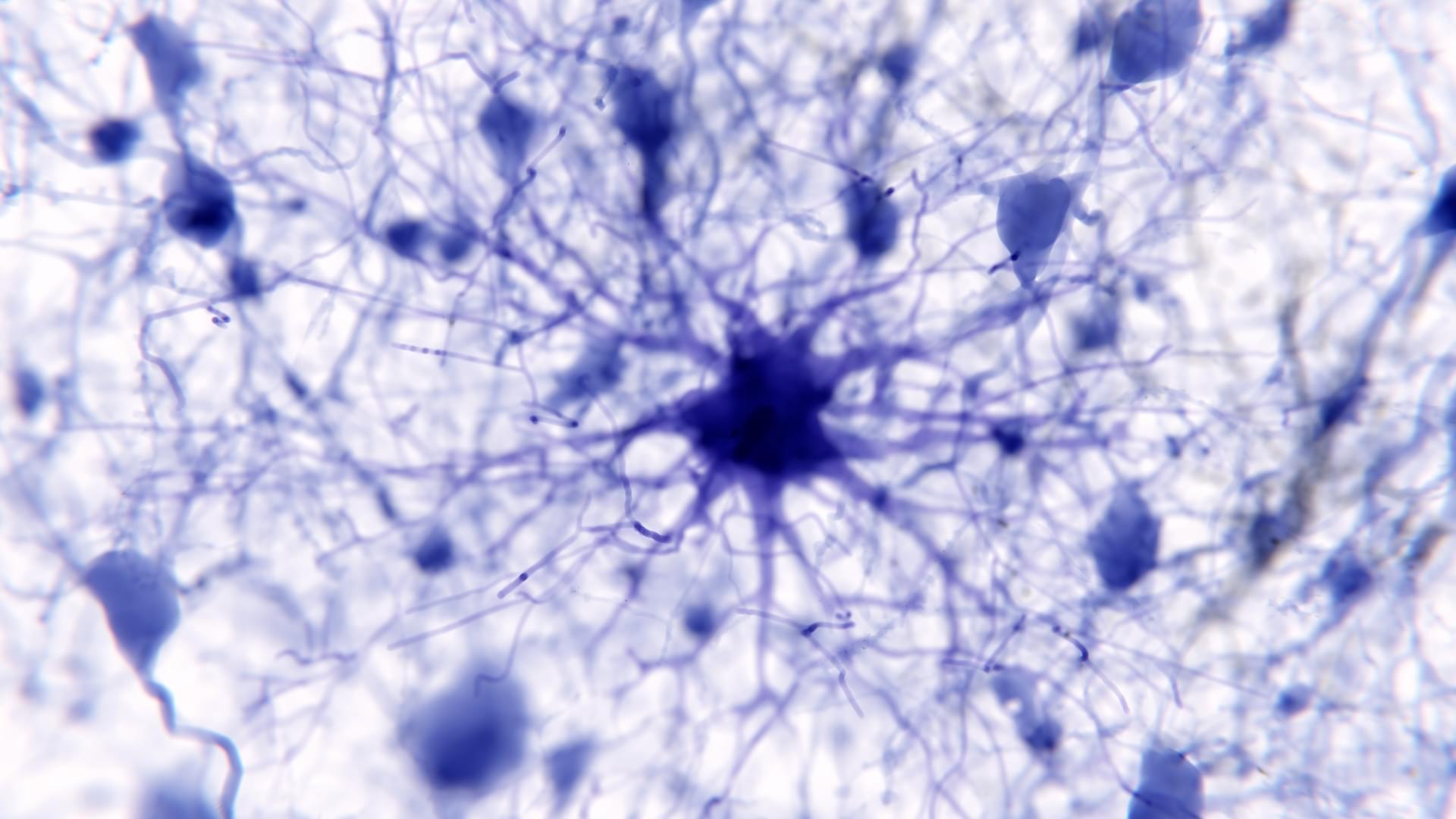Self-driving cars will soon be able to “think” like human drivers under complex traffic environments, thanks to a cognitive encoding framework built by a multidisciplinary research team from the School of Engineering at the Hong Kong University of Science and Technology (HKUST).
This innovation significantly enhances the safety of autonomous vehicles (AVs), reducing overall traffic risk by 26.3% and cutting potential harm to high-risk road users such as pedestrians and cyclists by an impressive 51.7%. Even the AVs themselves benefited, with their risk levels lowered by 8.3%, paving the way for a new framework to advance the automation of vehicle safety.
Existing AVs have one common limitation: their decision-making systems can only make pairwise risk assessments, failing to holistically consider interactions among multiple road users. This contrasts with a proficient driver who, for example, can skillfully navigate an intersection by prioritizing pedestrian protection while slightly compromising the safety of nearby vehicles. Once pedestrians are confirmed to be safe, the driver can then shift focus to nearby vehicles. Such risk management ability exhibited by humans is known as “social sensitivity.”
